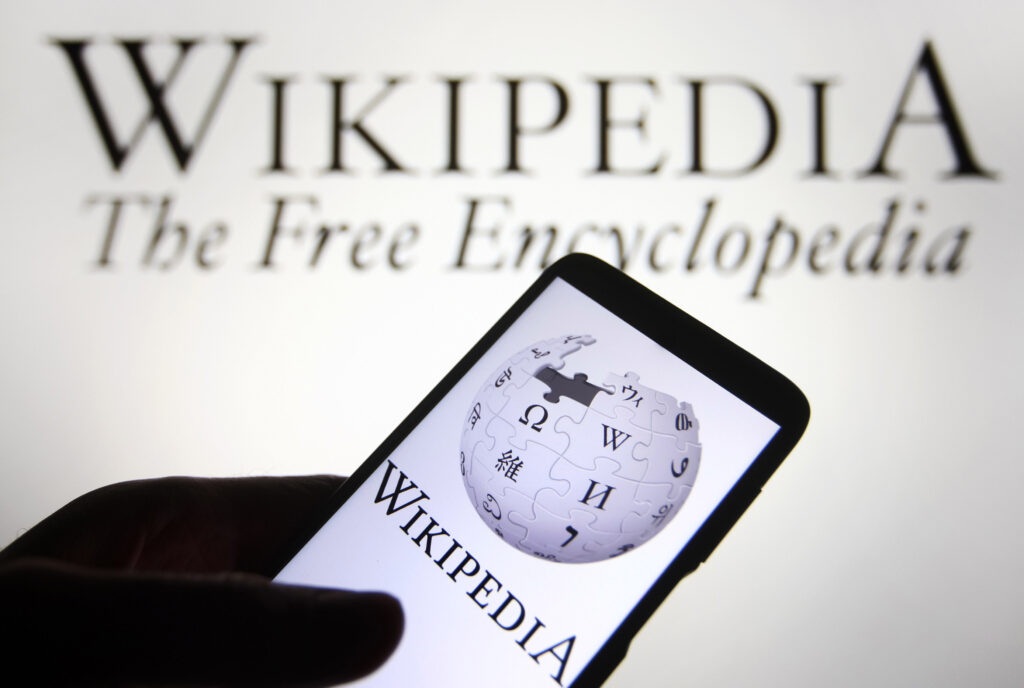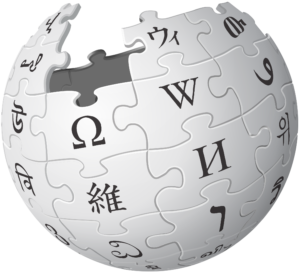Is Wikipedia Facing a Ban in India? Delhi High Court’s Warning and Wikimedia’s Response

Image Source: NPR
Is Wikipedia Facing a Ban in India?
In recent news, the Delhi High Court issued a stern warning that has sparked concerns about a potential Wikipedia ban in India. Following the court’s notice, the Wikimedia Foundation, which manages Wikipedia, has clarified its position and expressed its commitment to India. The Foundation reassured that they are taking prompt action to avoid any situation that could lead to such a ban.
Why Did the Delhi High Court Warn Wikipedia?
The core issue stems from a case involving Wikipedia, where the online encyclopedia faced accusations of providing inaccurate and offensive information. The court raised concerns that Wikipedia’s content may not always be factually correct and, in some instances, may be offensive to certain groups. In response, the court warned Wikipedia, indicating that if the platform fails to cooperate with the judiciary, it could face a potential ban in India.

Wikimedia Foundation’s Response
Wikimedia Foundation, the organization that oversees Wikipedia, issued an official statement addressing the concerns raised by the Delhi High Court. In their response, Wikimedia expressed their dedication to India and promised to take immediate steps to prevent any disruption in service. The statement emphasized their commitment to ensuring that Indian users can continue to share and access free and reliable information in an open and safe environment.
The Foundation assured that they would collaborate with the Indian government and the judiciary to resolve the issues at hand. Their proactive approach aims to ensure that Wikipedia continues to serve the Indian public without facing a ban.
Understanding the Case Against Wikipedia
The warning from the Delhi High Court came during a hearing of a case filed by a news agency. The agency accused Wikipedia of allowing inaccurate and defamatory content to be published on its platform. According to Wikipedia, its content is primarily curated and edited by volunteers who rely on public sources to provide and edit information.
In response to the court’s concerns, Wikimedia explained that the content on Wikipedia is contributed by volunteers from around the world, and any individual can edit or update the information provided on the platform. Despite its open-edit nature, Wikipedia strives to ensure that the information remains reliable and trustworthy. However, the court pointed out that if Wikipedia does not fully cooperate in addressing the inaccuracies, further legal action could be taken, which may result in the platform being banned in India.
What is Wikipedia?
For those unfamiliar with Wikipedia, it is a free online encyclopedia that provides information on virtually any topic. The platform is known for being a collaborative effort where volunteers contribute and edit content. While Wikipedia is a valuable resource for obtaining knowledge, its open-edit policy means that anyone with access can modify the information, which sometimes leads to inaccuracies.

The platform operates entirely free of charge, and its model of volunteer-driven content has made it one of the most widely used sources of information globally.
Implications of a Wikipedia Ban in India
A potential ban on Wikipedia in India could have significant consequences. The platform serves millions of users across the country, providing access to information in multiple languages. A ban could limit the availability of free educational resources, affecting students, researchers, and the general public who rely on Wikipedia for information.
Moreover, Wikipedia’s role in supporting free speech and the dissemination of knowledge would be challenged. The platform has long been a symbol of open access to information, and restricting its availability could set a precedent for future actions against other platforms that operate under similar models.
Wikimedia’s Future Actions to Avoid the Ban
In their official statement, Wikimedia underscored their readiness to take necessary measures to prevent the situation from escalating. They reiterated their commitment to ensuring that Indian users’ rights to access free and reliable information are upheld. Wikimedia’s prompt action will likely involve working closely with the Indian authorities to address the concerns raised by the court and to implement measures that ensure the accuracy and appropriateness of the content on the platform.
By strengthening their content moderation and cooperation with the Indian legal system, Wikimedia aims to avoid any disruption to Wikipedia’s service in India.
Conclusion
The recent warning by the Delhi High Court has put Wikipedia under scrutiny in India, raising concerns about its future in the country. However, the Wikimedia Foundation has made it clear that they are committed to resolving the issues and preventing a potential ban. Their proactive approach in addressing the court’s concerns, coupled with their dedication to providing free and reliable information, highlights the importance of keeping Wikipedia accessible to the Indian public.
As the case unfolds, it remains to be seen how the situation will be resolved. However, one thing is certain: Wikimedia is determined to ensure that Wikipedia continues to be a valuable resource for millions of Indians, promoting open access to knowledge and information.
Follow CNA Times for more updates on Technology and detailed Tech News!

I am Praveen Kumar, a 21-year-old passionate about writing and staying informed. On CNA Times, I bring the latest news and updates, offering readers accurate and insightful information with my expertise and dedication.






